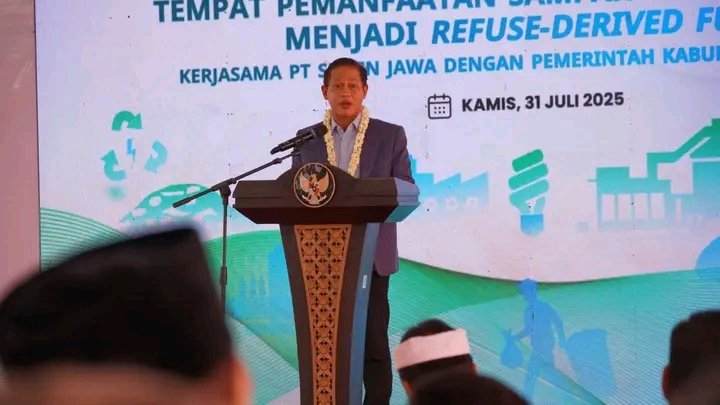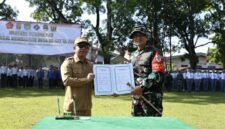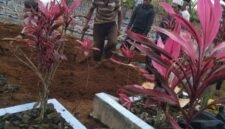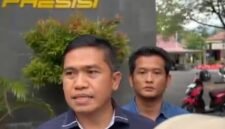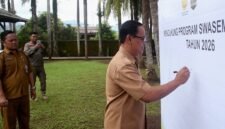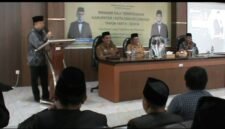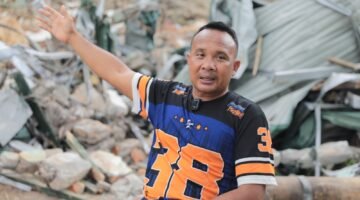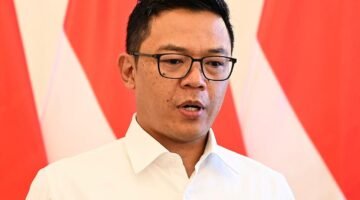JABARINSIDE.COM | Sukabumi, West Java — The Minister of Environment and Forestry of the Republic of Indonesia, Dr. Hanif Faisol Nurofiq, officially inaugurated the Cimenteng Final Waste Processing Site (TPSA) in Cikembar, Sukabumi Regency, on Wednesday (31/7). The ceremony was attended by regional leaders, government officials, and private sector representatives, including PT Semen Jawa, a subsidiary of SCG (Siam Cement Group).
In his address, Dr. Hanif underlined that the development of TPSA Cimenteng marks a significant step forward in advancing sustainable waste management in West Java.
“The Cimenteng TPSA is more than a landfill. It represents our shared commitment to transforming waste management into an integrated system that benefits both the environment and the community. Through this facility, we are proving that collaboration between central and regional governments, the private sector, and society can create long-lasting solutions,” Dr. Hanif stated.
The Minister also emphasized that this project aligns with the national strategy for reducing waste and promoting circular economy practices.
“Our mission is to not only reduce the volume of waste but to utilize it as a resource — whether through recycling, energy recovery, or other innovations. TPSA Cimenteng is a model that we hope to replicate across the country,” he added.
The project was made possible through collaboration with PT Semen Jawa, which operates a major cement manufacturing facility in Sukabumi.
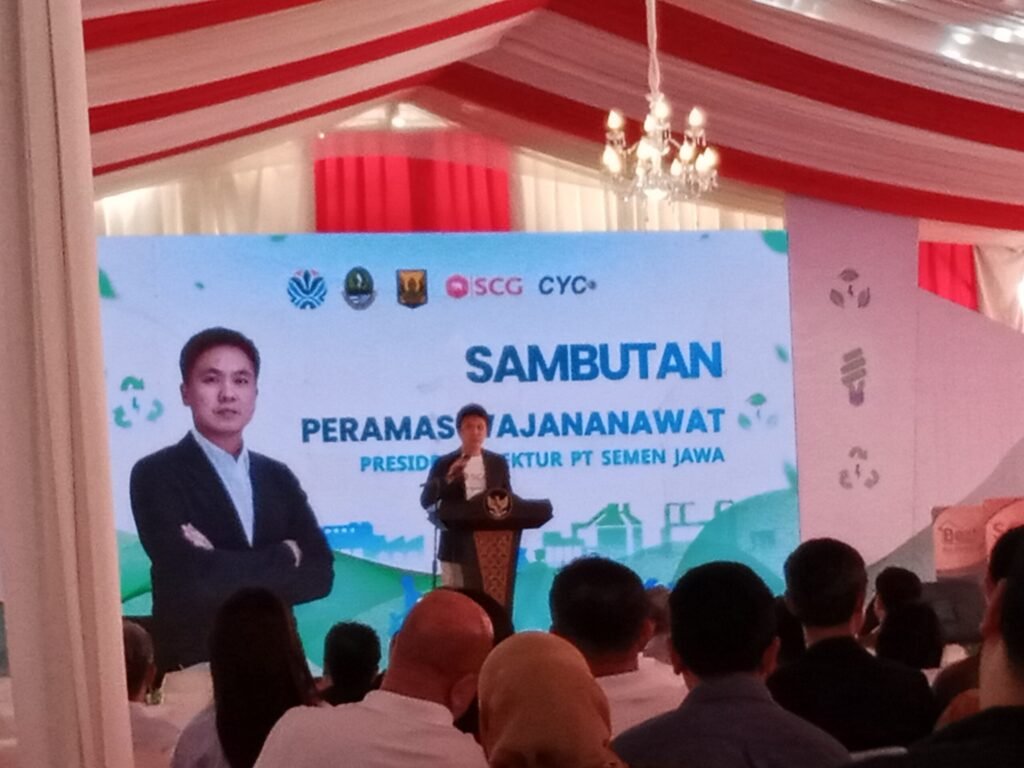
Peramas Wajananawat, President Director of PT Semen Jawa, expressed the company’s dedication to supporting sustainable regional development.
“We are honored to contribute to this important initiative. As part of SCG, PT Semen Jawa is committed to embedding sustainability into every aspect of our operations. The establishment of TPSA Cimenteng reflects our vision to improve the environment and enhance the quality of life in Sukabumi,” said Peramas.
The newly inaugurated TPSA Cimenteng is equipped with modern waste processing technology, designed not only to reduce the burden on existing landfills but also to pave the way for more advanced solutions, such as sanitary landfill management and refuse-derived fuel (RDF) production in the future.
Dr. Hanif concluded his speech by encouraging local governments to replicate such initiatives.
“We hope that Sukabumi’s example will inspire other regions to take similar steps. Waste management is a shared responsibility, and with innovation, collaboration, and community involvement, we can achieve a cleaner and more sustainable Indonesia,” he said.
With its operation, the Cimenteng TPSA is expected to significantly enhance Sukabumi’s waste processing capacity and serve as a model for other regions facing similar challenges in waste management.

